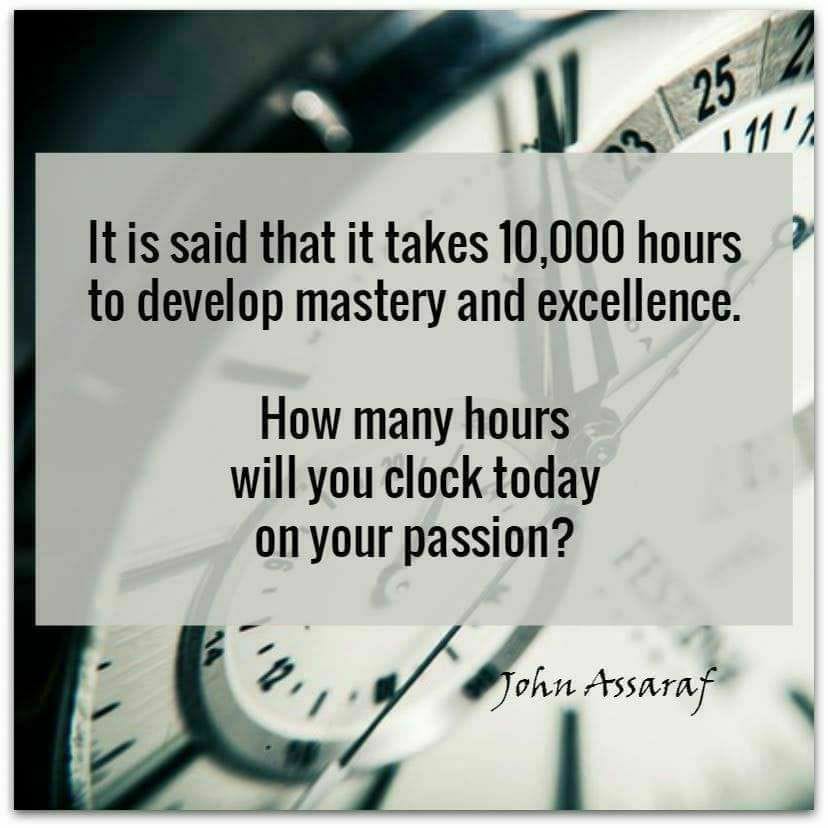28th September, 2022
The 10,000-hour rule has been a topic of scientific research since the 1970’s but it came into the mainstream when Malcolm Gladwell wrote about it in his book ‘Outliers.’
The rule is based on research into the abilities of top performers in various fields like mathematics, chess, tennis, swimming, and music.
The research shows that for the overwhelming majority of experts who reach the top of their fields (for instance, chess grandmasters or great composers) have spent a minimum of ten years acquiring and honing their skills.
The few who are exceptions to this rule are found to hit their expert status in year eight or nine of their careers—not far short of the average. So being a prodigy with a “gawd given” talent is just a myth.
10,000 hours works out to be around 20 hours per week for ten years. Ten years is a long time but 20 hours a week isn’t so bad especially when you consider the average person watches 3-4 hours of television a day and spends a considerable time on social media.
Gladwell also estimates that the Beatles put in 10,000 hours of practice playing in Hamburg in the early 1960s, and that Bill Gates put in 10,000 hours of programming work before founding Microsoft.
Hence the 10,000 hour rule was born: put in your 10,000 hours of practice, and you may become an expert in a given field.
The problem with the popularity of this 10,000 hours idea is that it’s often misunderstood as “any 10,000 hours” spent on your skill or craft.
But not all practice is the same: there’s a big difference between mindless repetition and what scientists call deliberate practice.
The real reason most people will never become a master at any skill is that they won’t take a risk, they won’t leave their comfort zone.
If you want to become great at something you have to put yourself out there. You may very well fail. But you can only succeed because of your failures.
Getting good at something takes time and effort. You will also experience some setbacks along the way.
That’s why it’s crucial that you find the right motivation: it helps you get through the difficulties.
Learn to give yourself permission to ‘do’ what brings you the greatest joy.
That way you will find satisfaction in life.
No one succeeds at a high level without innate talent, he wrote, but
“Achievement is talent plus preparation.”
The 10000 hour research reminds us that “the closer psychologists look at the careers of the gifted, the role innate talent seems to play is smaller and the bigger role is played by preparation.”
How many hours will you clock this week or this month to pursue your passion & become a master?
Persist with your learning & developing expertise to succeed & stay blessed forever.

